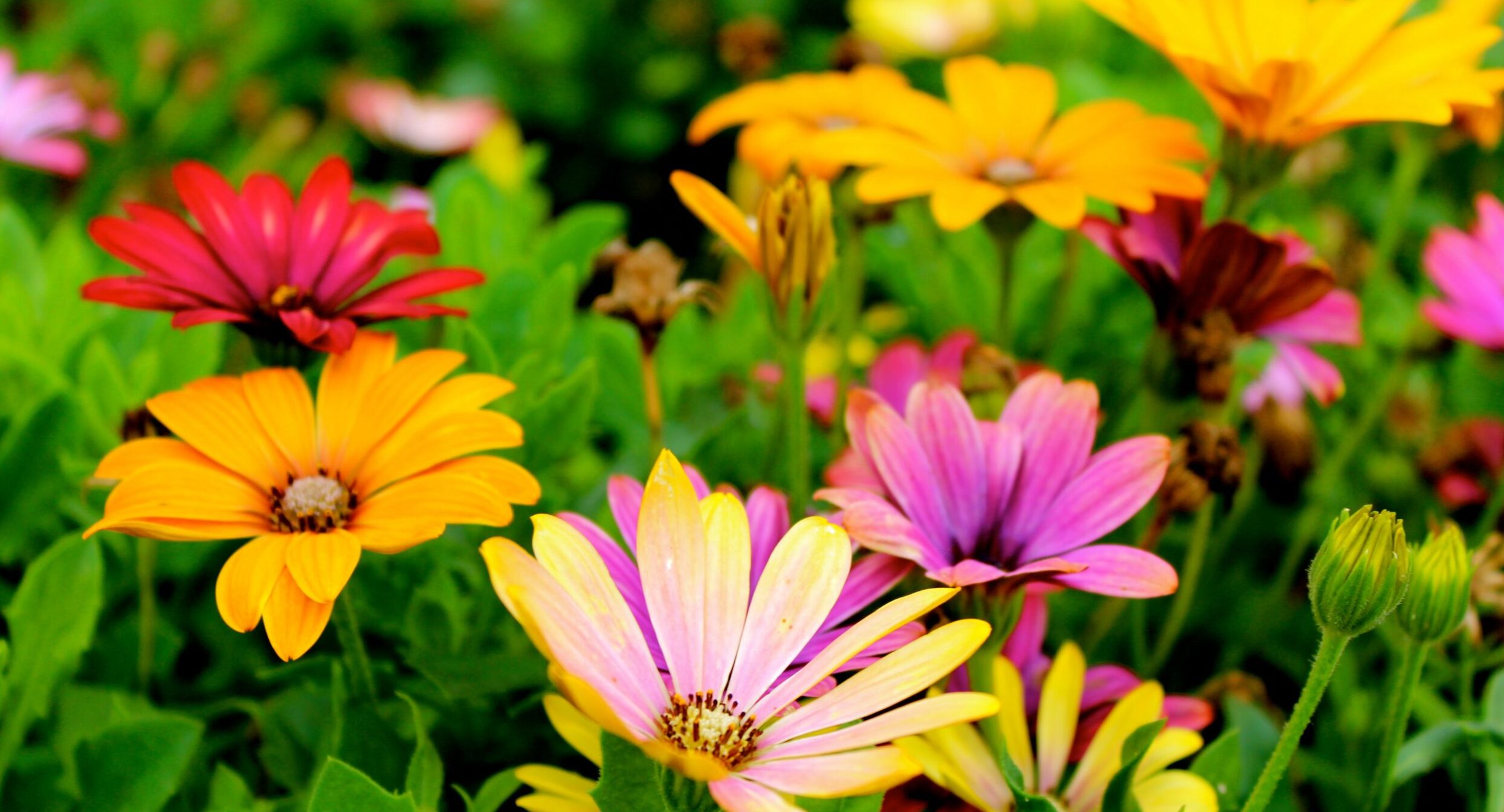School Programs
The Garden is currently only able to offer self-led tours. All school visits and tours require a reservation. As we expand our educational offerings, we look forward to providing more educational resources for teachers.
Interested in scheduling a school or group visit to the garden? Please complete the form at the bottom of this page, then a member of our team will contact you. I’m ready to complete the form.
Self-Guided Tours
Teachers are welcome to bring their groups for a self-guided visit. The ZBG Self-Guided Tour handout is designed for teachers to use as a resource when giving the tour. We ask $3 per student and $5 per teacher/chaperone. Checks can be made out to Zilker Botanical Garden Conservancy.
Free Digital Guide
Explore Zilker Botanical Garden’s unique mix of botanical beauty and historical significance with our digital guide on Bloomberg Connects, the free arts and culture app. Our guide brings you closer to the Garden’s hidden gems, fascinating plant collections, and historic features, all curated to offer behind-the-scenes insights and a more immersive experience. Plan your visit with ease, navigate effortlessly on-site, and revisit your favorite highlights anytime from home. Learn more here.
Docent-Led Tours (Unavailable at this time)
Trained docents lead informational tours for groups of 10-20 students, preschool through high school age. This basic tour is correlated to the Texas Essential Knowledge and Skills (TEKS) and was developed to provide information for Austin area school teachers as they tour the Zilker Botanical Gardens. Each tour is roughly 90 minutes with individual docents bringing their specific knowledge to each tour. All docents know the gardens well and are trained to work with a variety of student groups. When you register, please identify any special requests as certain docents are especially facile with special needs groups, including ESL children. March, April, and May are especially busy months, so please make your reservations early. We ask $5 per student and $7 per teacher/chaperone. We accept cards and checks, which can be made out to Zilker Botanical Garden Conservancy.
If Docent-Led, the below topics with the corresponding TEKS will be covered during your visit
K-2 Specific Topics
- Water: Importance and uses of water for plants and animals TEKS SocialStudies.K.5.A; Science.K.7.B-C; SocialStudies.1.6.A; Science.1.7.B-C; Science.2.5.A; Science.2.7.B
- Bamboo: Uses of bamboo as a natural resource TEKS SocialStudies.K.5.B; SocialStudies.1.6.C; SocialStudies.2.7.C
- Plant Parts & Life Cycle: The functions of roots, stems, leaves, flowers, cones, and sporangia, including how plants grow and make more from seed to spore. TEKS SocialStudies.K.3.A, Science.K.10.B-D; SocialStudies.1.3.A; Science.1.10.B; SocialStudies.2.2.B; Science.2.9.A
- Ancient Plants & Dinosaurs: Thinking about creatures of the past and present and exploring time and change TEKS SocialStudies.K.3.A-B; SocialStudies.1.3.A; SocialStudies.2.2.A-B
3rd to 5th Specific Topics
- The History of the Taniguchi Japanese Garden: The Life of Isamu Taniguchi from internment camp to building the Japanese Garden as a gift to the city of Austin symbolizing peace. SocialStudies.3.1.A; SocialStudies.4.5.A; SocialStudies.5.5.A
- Habitat: Investigating what makes a location for plants and animals suitable to live. TEKS Science.3.9.A; Science.4.9.A; Science.5.9.A
- Food Webs: From Sun to plant to bug to bird, understanding how energy is transferred. TEKS Science.3.9.B; Science.4.9.B; Science.5.9.B
- Plant Adaptations to the Environment: Cacti have spines and cattails aerenchyma, what adaptations allow plants to survive? TEKS Science.3.10.A; Science.4.10.A; Science.5.10.A
Middle School Specific Topics
- Plant Cells and Anatomy: Investigation and exercises in plant cells, their contents, and variation across plants.TEKS Science.6.13.A; Science.7.13.B; Science.8.13.A
- Cultivated Plants: Botanical Gardens feature high biodiversity, but minimal genetic diversity within each species due to selective cultivation. We discuss the variation in our natural populations versus the clonally propagated cultivars.TEKS Science.6.13.C; Science.7.13.D; Science.8.13.C
- Biodiversity in Texas Ecosystems: Understanding how the biodiversity of plants & animals in Texas contributes to a robust ecosystem with dynamic energy and nutrient exchange TEKS Science.6.12.A; Science.7.12.B; Science.8.12.C
High School Specific Topics
- Taxonomy: Explore the relationships of plants in the garden from Family to Genus to species and cultivar. TEKS HS.Biology.8.A-B
- Plant Evolution: Using plants in the Hartman Prehistoric Garden, we investigate the origins and evolution of photosynthetic life from water to land. TEKS HS.Biology.7.A,D
- Identifying Native Plants: Learn how to use a dichotomous key with the native plants in the garden TEKS.HS.EnvironmentalScience.4.A
Drop Off/Pick-Up and Parking
All tour groups will be asked to drop off, pick up, and park in the Stratford lot at 2300 Stratford Drive, Austin, TX. Garden staff will greet you at the Botanical Gates of Paradise at the start of your scheduled tour. Vehicles can remain parked in the Stratford lot during the duration of your stay at the Garden. Please see the document below for more details.
School/Group Visit Form
For more information please contact janie@zbgconservancy.org. Once you complete the form above, our team will get back to you within 5-7 business days.
